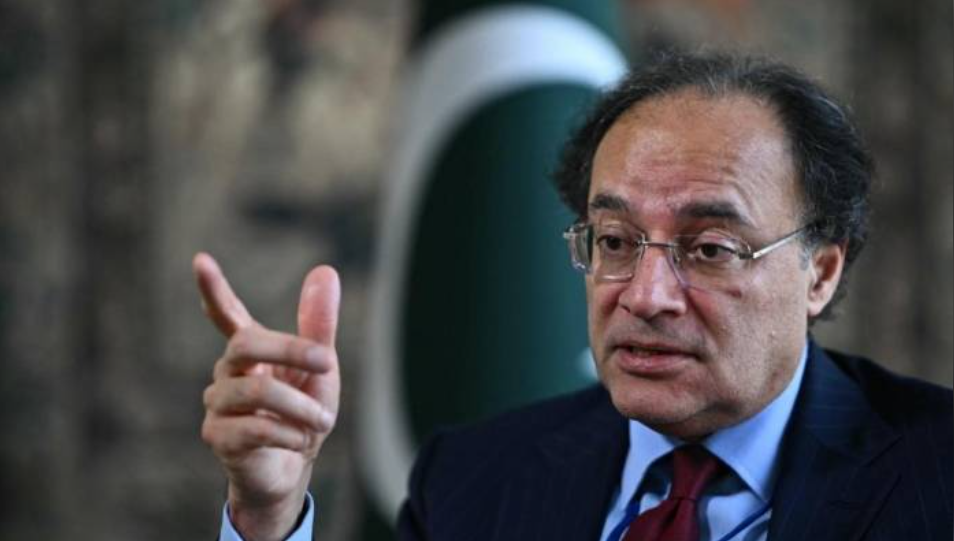IMF cannot impose conditions against national interest, Muhammad Aurangzeb tells press conference in Washington

By Asghar Ali Mubarak
ISLAMABAD: In a major diplomatic breakthrough, Pakistan and Afghanistan have agreed to a formal ceasefire following intensive talks mediated by Qatar and Turkey in Doha — a move that could mark the beginning of a new phase in their fraught relationship, long marred by mistrust, border tensions, and intermittent violence.
The announcement came late on Thursday from Qatar’s foreign ministry, which confirmed that both nations had committed to an immediate halt in cross-border violence and pledged to “respect each other’s territorial sovereignty.” The agreement, though fragile, represents the first tangible step in years toward de-escalation along one of the most volatile frontiers in South Asia.
Pakistan’s delegation, led by Foreign Minister Khawaja Asif, participated in several rounds of negotiations facilitated by Qatari and Turkish officials. Asif later confirmed the breakthrough on the social media platform X, declaring, “A ceasefire agreement has been finalized between Pakistan and Afghanistan.” He further stressed that “the series of terrorist attacks from Afghanistan on Pakistan’s territory will cease immediately,” pointing to one of Islamabad’s chief grievances and a recurring flashpoint in bilateral relations.
The talks in Doha, supervised by Qatari intelligence chief Abdullah bin Mohammed Al Khaleefi, yielded not only the immediate truce but also a structured roadmap for continued engagement. Both countries agreed to reconvene in Istanbul on 25 October to discuss mechanisms for a lasting peace framework designed to prevent future escalations and ensure accountability on both sides.
Diplomatic insiders described the discussions as “intense but productive,” crediting Qatar and Turkey for their steady mediation and ability to foster dialogue amid rising mistrust. For months, Islamabad has accused Kabul of harboring militant factions responsible for attacks on Pakistani soil, while Afghan officials have countered by alleging that Pakistan’s military operations near the border have disrupted local communities and strained humanitarian conditions.
Minister Asif publicly thanked the mediating nations, saying, “We are deeply grateful to our brotherly countries, Qatar and Turkey, for their tireless efforts in bridging a deep-seated trust deficit between Pakistan and Afghanistan.” He added that the truce “marks a crucial first step toward building a foundation for peace and mutual respect.”
While the agreement remains delicate and will require rigorous follow-up, it has sparked cautious optimism across the region. For many observers, the Doha ceasefire could represent a turning point — a rare moment when both neighbors, weary of conflict, appear ready to replace confrontation with dialogue. For now, the truce stands as a fragile yet hopeful pause in a relationship defined for decades by suspicion and strife.


